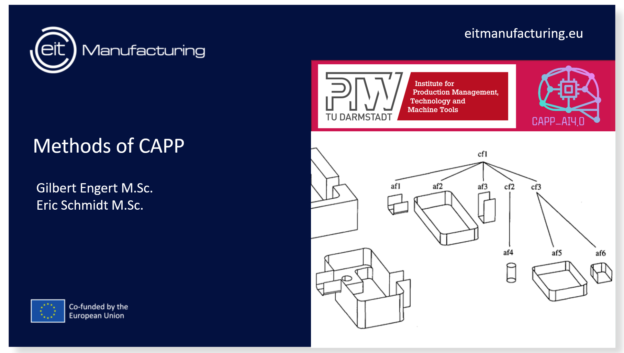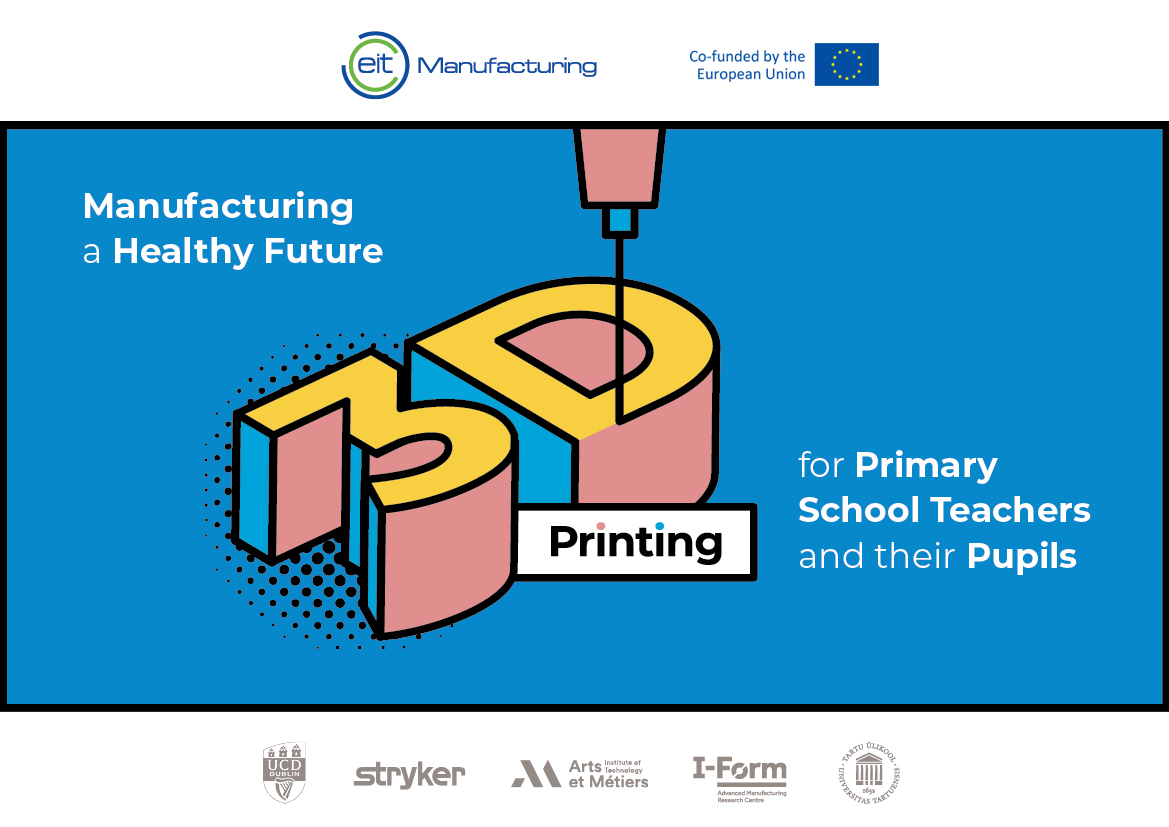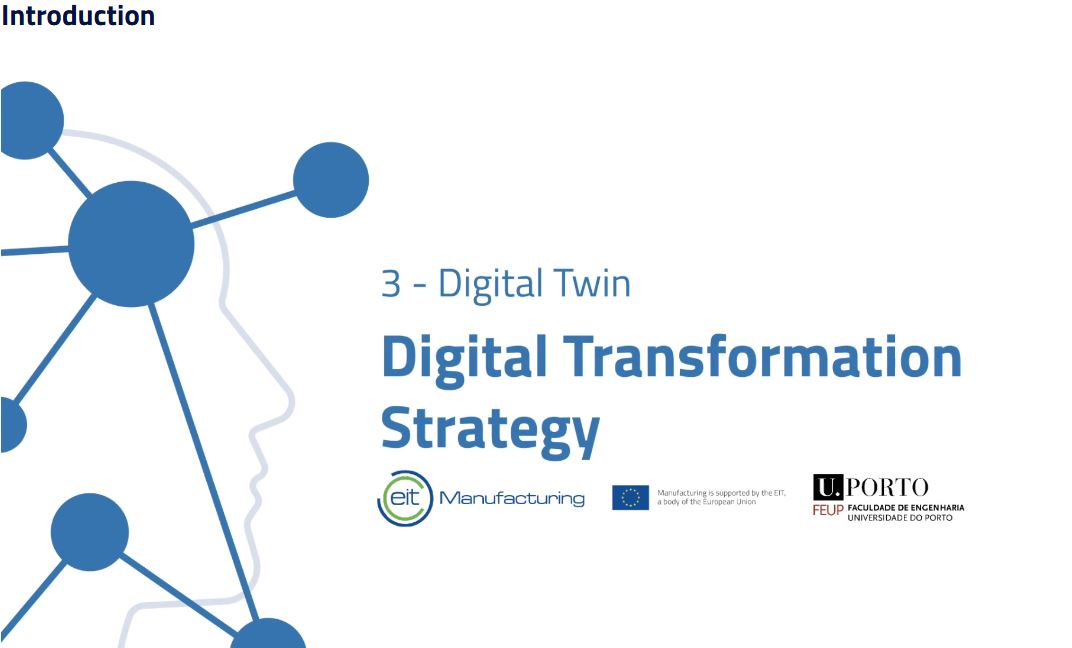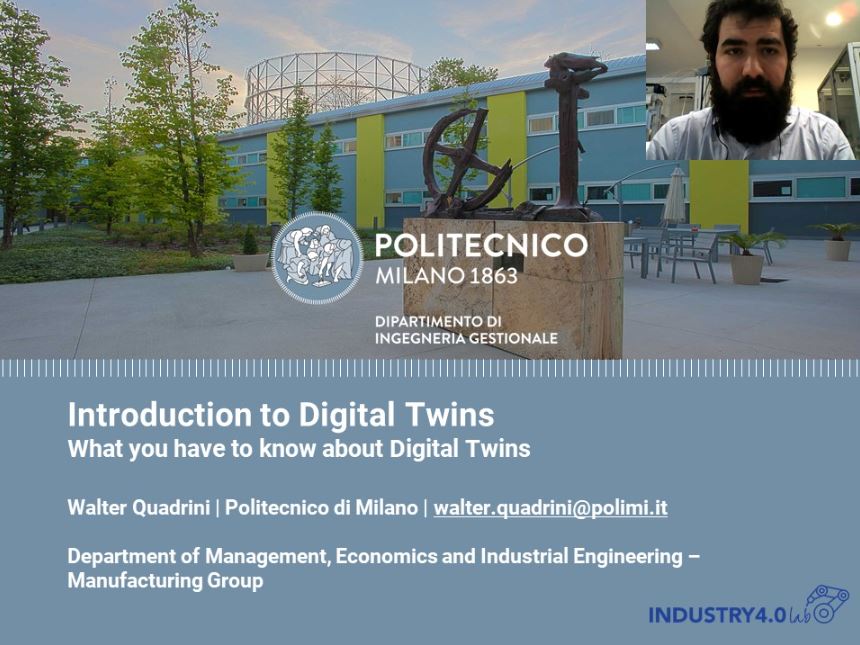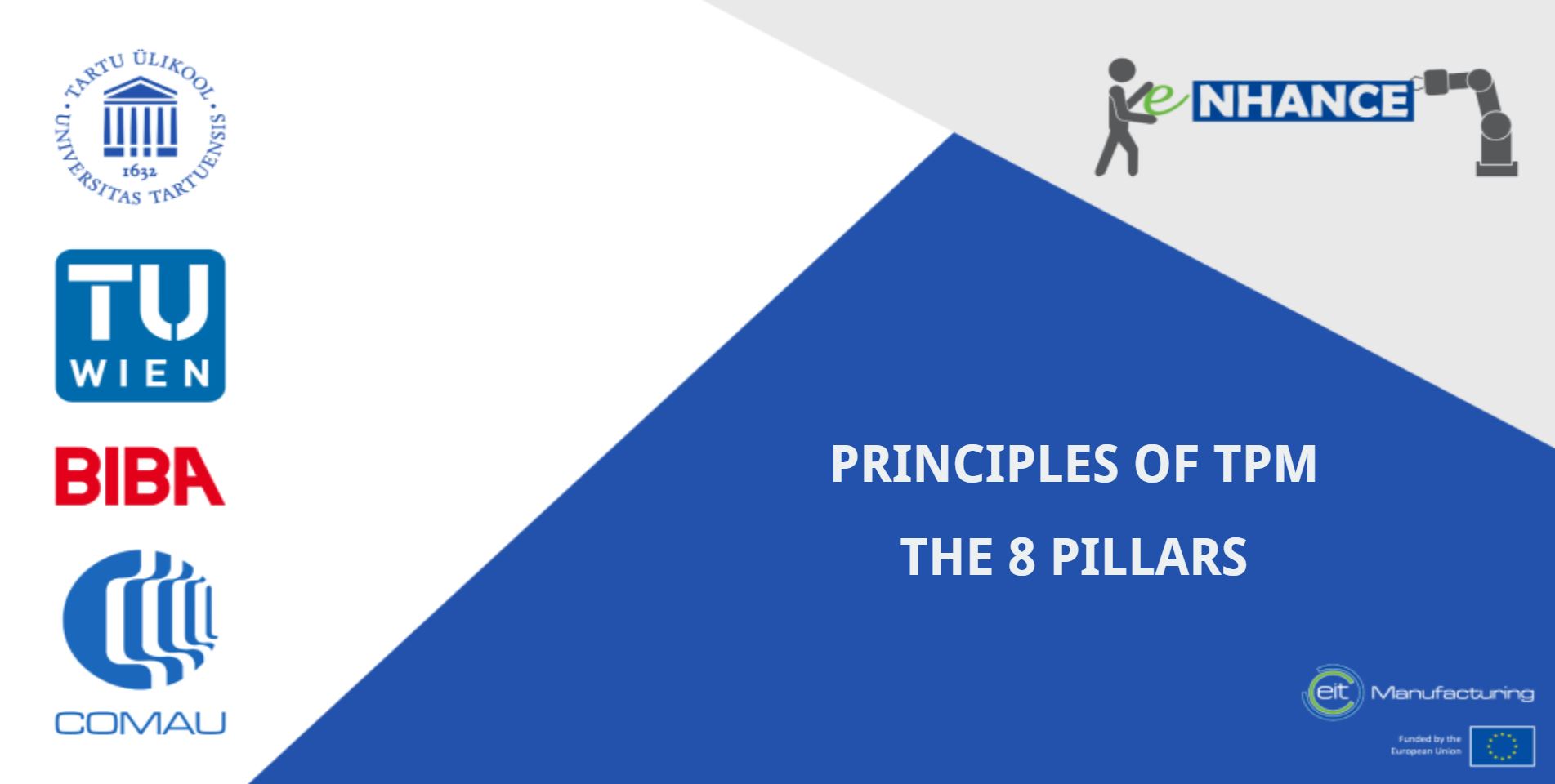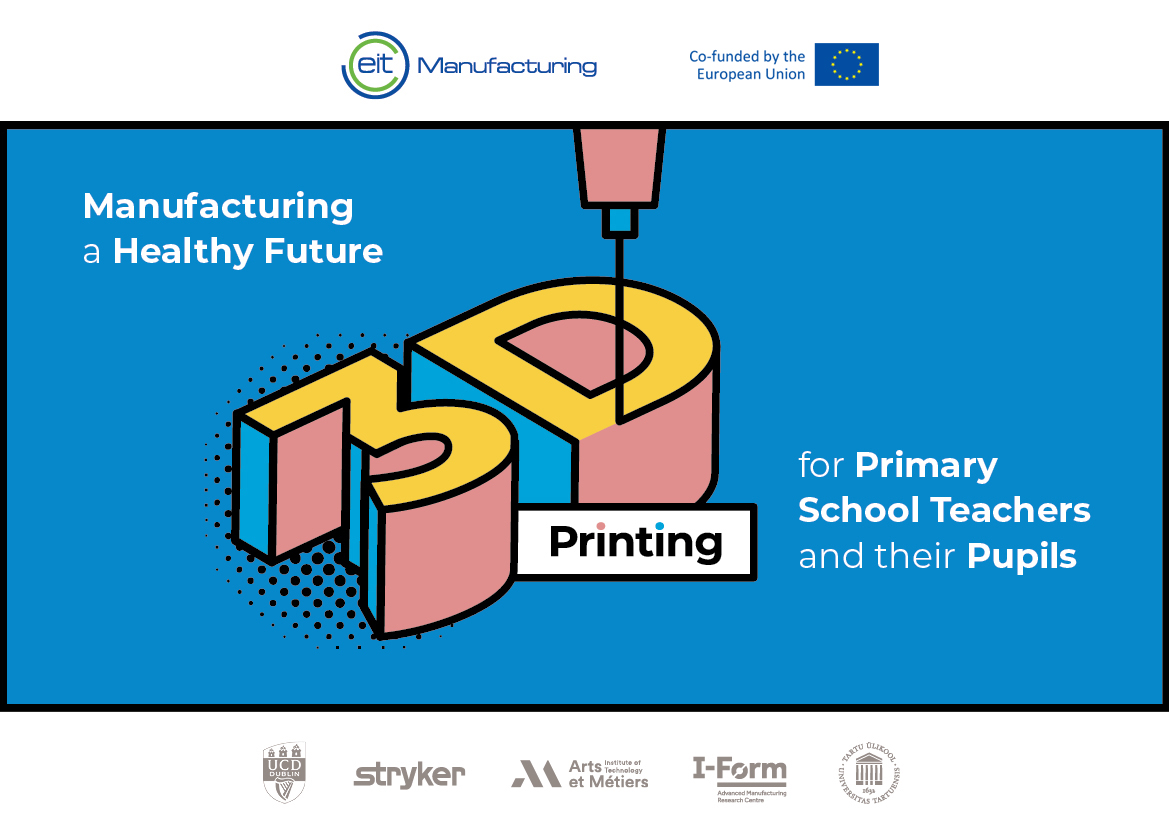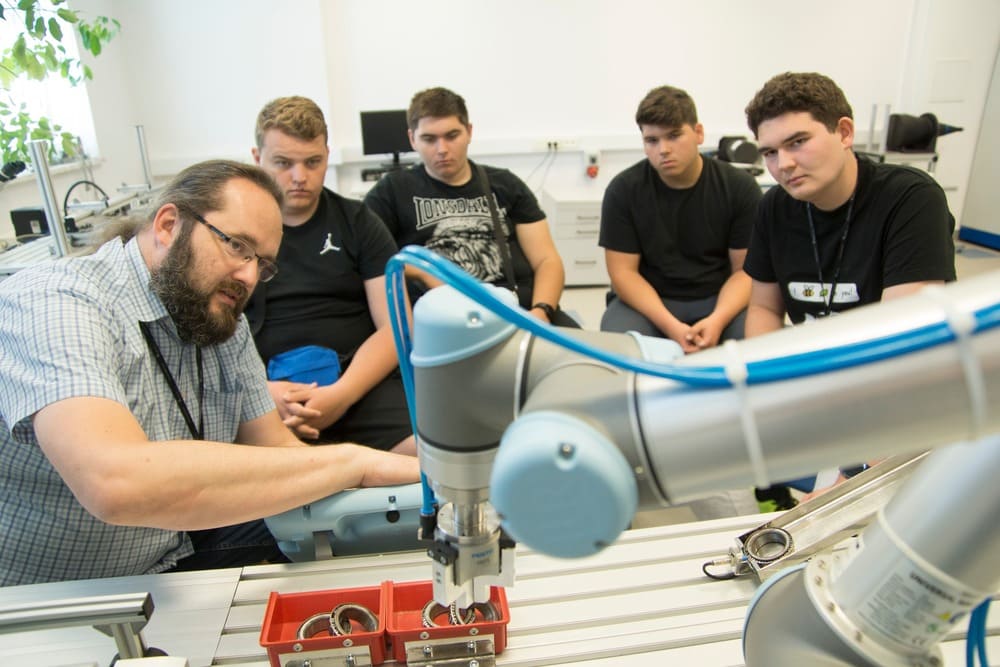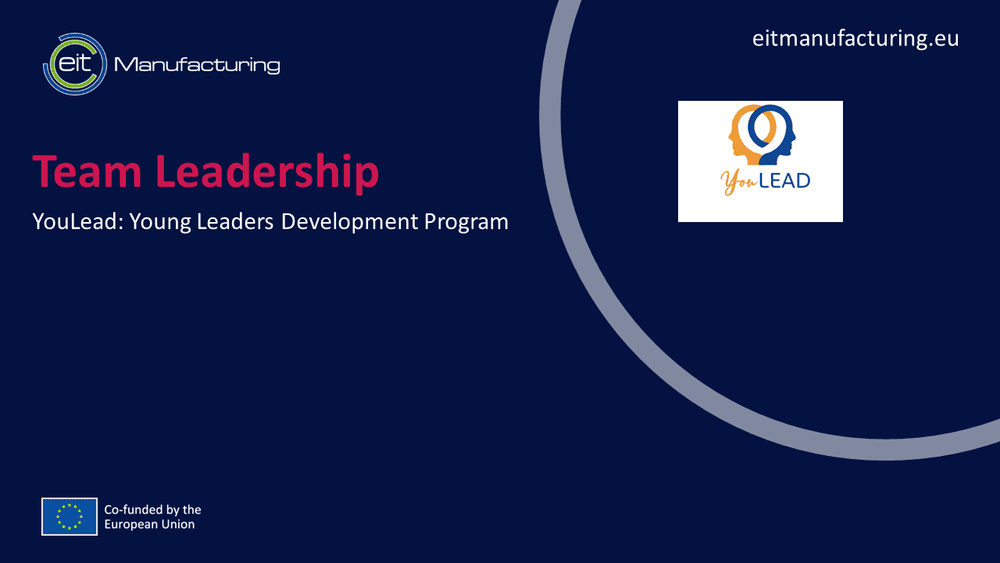Type of course:
Digital learning, Lesson
Language:
EN
Duration:
15 minutes
Workload:
2 hours
Proficiency:
Beginner
Target:
Professionals
Understanding the methods employed in CAPP is of significant importance.
This passage provides an overview of some of the methods utilized in
CAPP software. Two main approaches are explained: the variant approach
and the generative approach. The variant approach involves searching
databases for similar parts, while the generative approach entails
creating a suitable manufacturing technique for each part from scratch.
Following the discussion of these approaches, the challenge of creating
the interface is explained. Translating the geometric features of a part
into the manufacturing process poses a non-trivial task. Consequently,
three methods are introduced to address this problem. The first is the
design by feature method, which establishes a connection between the
part’s design features and the manufacturing process. The second method
is feature recognition, which requires a human process planner to
connect the features that are not inherently linked. Lastly, there is
the automatic feature recognition method, which aims to automatically
identify and connect the features without human intervention.
Learning outcomes
- After the completion of the learning nugget, professionals can explain the methods for CAPP and differentitate between them
- After the completion of the learning nugget, professionals can explain what CAPP stands for and what is the main goal of CAPP
- After the completion of the learning nugget, professionals can explain basic approaches to CAPP
Course Content
Topics
Advanced Manufacturing, Digital Transformation, CNC Machining, Data mining

